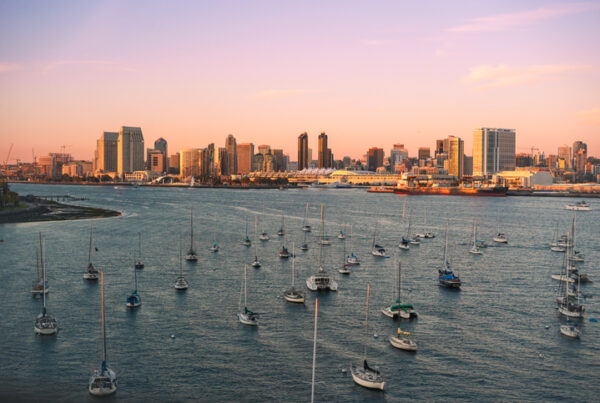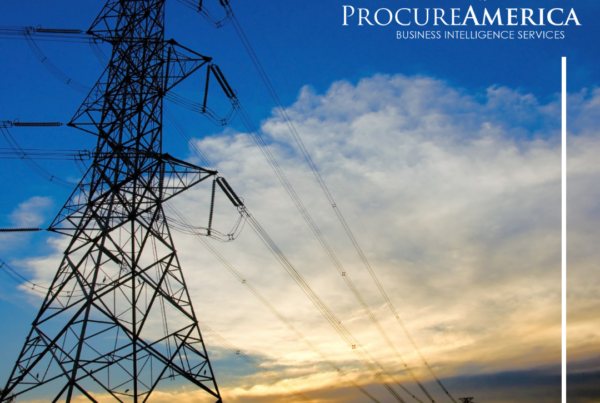London (CNN Business)Everywhere you look, there are headlines about higher prices.
- Some are tied to commodities, which are getting snapped up as the global economy emerges from its long slumber. Lumber prices are at an all-time high thanks to an epic home-building boom. Copper and steel prices have also reached records.
- Agricultural products aren’t exempt. The price of corn is at its highest level since 2012. Same goes for soybean prices. Even sales of block cheese futures have been soaring in anticipation of grilling season.
- Then there’s consumer products. Diaper prices have gone up in the past year, and two major producers — Kimberly-Clark (KMB) and Procter & Gamble (PG) — have warned customers that fresh hikes are coming. Shortages of computer chips, meanwhile, are helping to push up car prices, and could soon do the same for electronics and household appliances.
This doesn’t just matter for Americans guarding their pocketbooks. Price increases are also being closely scrutinized by investors and economists, who are desperate to know: Is this a passing phenomenon as the country emerges from a once-in-a-lifetime economic shock, or a more sustained trend that evokes the 1970s?
The answer to that question will have huge consequences for financial markets. If the Federal Reserve starts to think there is a real problem with inflation, it could boost interest rates or taper its bond purchases sooner than expected. That would spark a dramatic sell-off in high-growth assets, whose rise has set the tone for investing in the pandemic era.
But wait: The Federal Reserve has been extremely clear that it believes inflation will be transitory.
“An episode of one-time price increases as the economy reopens is not the same thing as — and is not likely to lead to — persistently higher year-over-year inflation into the future,” Fed Chair Jerome Powell told reporters late last month. “Indeed, it is the Fed’s job to make sure that that does not happen.”
Most economists agree with this view, even if they admit we’re in unprecedented territory. In a paper published on Friday, top economists, including Laurence Ball of Johns Hopkins University and Gita Gopinath, the chief economist at the International Monetary Fund, said they expect “a rise in inflation that is modest and temporary,” and note that government spending under the Biden administration doesn’t appear to be a threat.
“Overall, we see little risk that the current temporary government spending for pandemic relief causes an inflationary spiral,” they wrote.
Additional spending proposals on infrastructure, jobs and health care, the economists added, are worth monitoring. But since spending is “likely to be spread over a longer period [and] be partially offset by tax measures,” that “could limit overheating concerns.”
Updated 10:16 AM ET, Sun May 9, 2021



